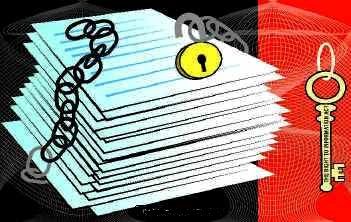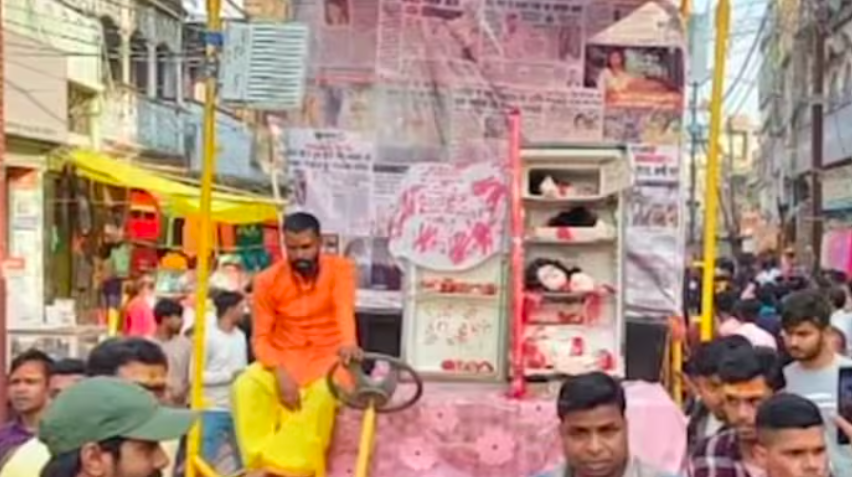Subhash Chandra Agrawal for BeyondHeadlines
Once again a case of filing fake RTI petition under my name and address has been exposed when some miscreant filed such petition at Indian Institute of Management (Lucknow) copying the style I draft my RTI petitions. Earlier such cases were noticed with some other public-authorities including like Central Vigilance Commission (CVC) and Rajya Sabha to whom also I immediately informed. It is noticed that all such fake RTI petitions relate to personal rivalry and are filed by insiders in the public-authority to whom RTI petitions are addressed. Insiders filing such fake RTI petitions keep vigil on movement of files on their filed petitions, and are not bothered if RTI response reaches to me rather than the miscreant. Such nuisance affects my creditability for filing RTI petitions in larger national and public interest only.
 While conducting RTI workshops at public-authorities, instances of filing first appeal by fake petitioners despite response of Public Information Officer (PIO) received back undelivered were brought to my notice. Such incidents were in respect of those public-authorities which were extra transparent by putting PIO’s replies on website. Miscreants were filing first appeals by going through RTI response available on website.
While conducting RTI workshops at public-authorities, instances of filing first appeal by fake petitioners despite response of Public Information Officer (PIO) received back undelivered were brought to my notice. Such incidents were in respect of those public-authorities which were extra transparent by putting PIO’s replies on website. Miscreants were filing first appeals by going through RTI response available on website.
Department of Personnel & Training (DoPT) should take corrective measures by making it mandatory to submit some identity-proof with every RTI petition. Public-authorities should be asked not to put RTI responses on website.
RTI fees should be raised to rupees 50 uniformly to discourage RTI petitions being filed for fun or publicity. First ten copied pages of documents can then be provided free making also compulsory for public-authorities to use ‘Speed Post’ or ‘Registered Post’ for all communications relating to RTI petitions and appeals. It will largely save huge man-hours and cost of public-authorities in handling RTI petitions. RTI stamps on lines of Revenue stamps should be issued to save huge operational-cost of handling postal-orders, presently most popular mode of remitting RTI fees and copying charges.









